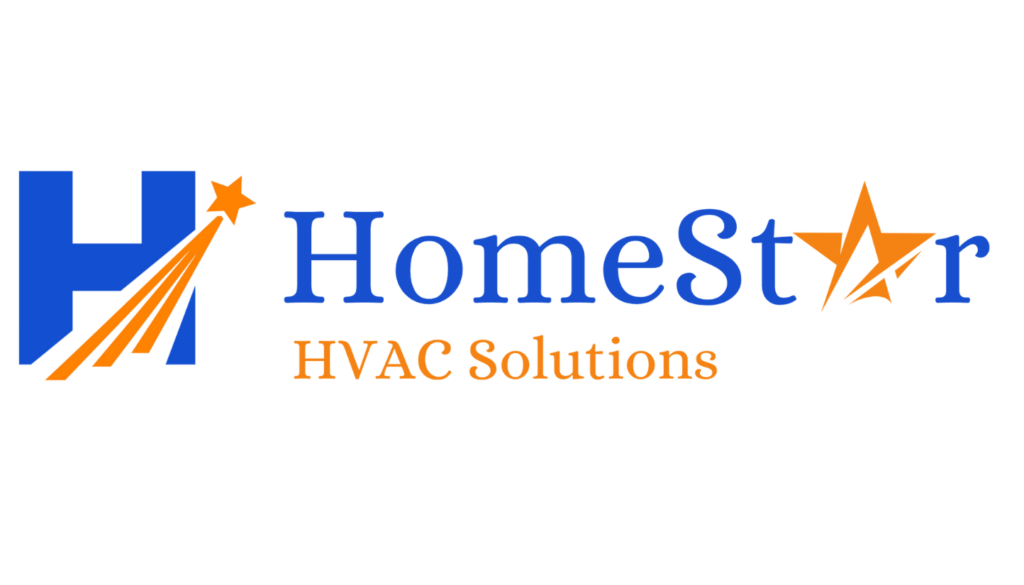Understanding HVAC Systems: Components and Functions
Heating, Ventilation, and Air Conditioning (HVAC) systems are essential for regulating indoor climate, ensuring comfort, and maintaining air quality in residential and commercial spaces. These systems consist of several primary components that work together harmoniously to control temperature, humidity, and air purity.
The furnace is a key element of HVAC systems, responsible for heating air that is then distributed throughout the building via ductwork. Furnaces can be powered by gas, oil, or electricity, and they operate by heating air in a heat exchanger before a blower fan circulates it through the ducts.
Complementing the furnace is the air conditioner, which cools the air during warmer months. Air conditioners utilize a refrigerant cycle to remove heat from indoor air and expel it outside, resulting in cooler indoor temperatures. The heat pump serves a dual function, providing both heating and cooling by transferring heat between indoor and outdoor environments depending on the season.
Ductwork is the network of conduits that distribute conditioned air throughout the building. Properly designed and maintained ductwork is crucial for efficient airflow and temperature regulation. The thermostat acts as the control center of the HVAC system, allowing users to set their desired temperature and manage the system’s operation, ensuring energy efficiency and comfort.
There are various types of HVAC systems tailored to different needs. Split systems, the most common type, have separate units for heating and cooling, typically featuring an outdoor air conditioner and an indoor furnace. Hybrid systems combine a heat pump with a furnace, allowing for more flexible and efficient heating options. Duct-free systems, also known as mini-split systems, are ideal for homes without existing ductwork and provide zoned heating and cooling. Packaged heating and air systems house all components in a single outdoor unit, making them suitable for smaller spaces.
Proper installation and regular maintenance are critical for the optimal performance of any HVAC system. Professional installation ensures that all components are correctly configured and operating efficiently. Regular maintenance, including cleaning and inspections, helps prevent breakdowns, extends the lifespan of the system, and maintains energy efficiency, ultimately contributing to a comfortable and healthy indoor environment.
Choosing the Right HVAC Solution for Your Needs
Selecting the ideal HVAC system for your home is a multifaceted process that requires careful consideration of various factors. The size and layout of your home are paramount; an HVAC system needs to be appropriately sized to ensure optimal performance and efficiency. A system that is too small will struggle to maintain the desired temperature, while one that is too large can lead to unnecessary energy consumption and increased costs. Additionally, the climate in which you live plays a significant role. For instance, homes in colder regions might prioritize heating capabilities, whereas those in warmer climates may focus on efficient cooling solutions.
Budget is another critical factor when choosing an HVAC system. While initial costs are important, it’s essential to consider long-term expenses such as energy bills and maintenance. Energy-efficient systems, though sometimes more expensive upfront, can lead to substantial cost savings over time and have a lower environmental impact. Investing in high-efficiency units can reduce energy consumption, thereby lowering utility bills and contributing to environmental sustainability.
When evaluating HVAC contractors, look for those with solid reputations and verified credentials. Reading reviews and getting recommendations can help ensure that you select a reliable professional. Additionally, warranties and service agreements are crucial; these not only protect your investment but also guarantee ongoing support and maintenance. A comprehensive warranty and a robust service agreement can save significant costs and headaches down the line.
Professional installation is imperative for the efficient operation of your HVAC system. Poor installation can lead to performance issues and reduced lifespan of the system. Ensure that the contractor is experienced, certified, and follows industry standards and regulations.
Technological advancements in HVAC systems, such as smart thermostats and zoning systems, offer enhanced control and efficiency. Smart thermostats allow for precise temperature management, learning your preferences over time, and can be controlled remotely. Zoning systems enable different areas of a home to be heated or cooled independently, maximizing comfort and efficiency. These innovations not only enhance comfort but also contribute to energy savings and improved system performance.
